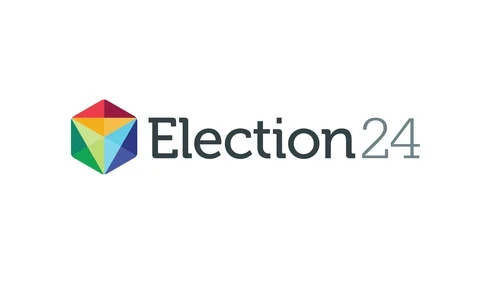
Coalitions, party tensions and Ireland’s very own Harris campaign: The government has dissolved the Dáil and called a general election for November 29th. However, what does this mean, and how will it affect students?
The US Election felt like a call to action. It can be paralysing to have no say in a vote that feels so globally important. Now, we have an election of our own. We have an opportunity to have our voices heard, (and many of the key issues in the US election will be vital in our election). Between talks of potential coalitions and endless promises from the opposition and the incumbents, we must explore what each party stands for and what exactly our vote will go toward. Often the Irish party system sounds overly complex, but by breaking it down, we can better understand where to put our vote and our voice in the upcoming election.
Why should I vote?
Many people believe that they don’t need to vote because they think ‘how much of a difference can one person make?’ However, while most Irish citizens over 18 can vote, on average we have a 54% voter turn-out. And these voices will speak for you, unless you vote alongside them. There are three simple reasons why everyone eligible should vote:
- It gives you a say on critical issues that affect you – from roads and recycling to education and climate change, you have a say in all things no matter how menial or how enormous.
- It gives you the choice to vote for your local and national representatives, if you don’t vote, other people get to choose who represents you.
- You simply cannot blame those elected, when you made no effort to make the change you wanted to see.
It is very easy to register to vote, all you need is your PPS number and Eircode. To register: Go to Checktheregister.ie, click apply online and the process only takes about 3 minutes. It is important to register as soon as possible as registration closes 15 days before the election. Register by November 12th to have your say.
Promises, Policies, and Performances
Let’s look beyond the posters and breakdown the key stances and differences between the top seven major parties: Fine Gael, Fianna Fáil, Sinn Féin, Green Party, Labour Party, Social Democrats & People Before Profit – Solidarity.
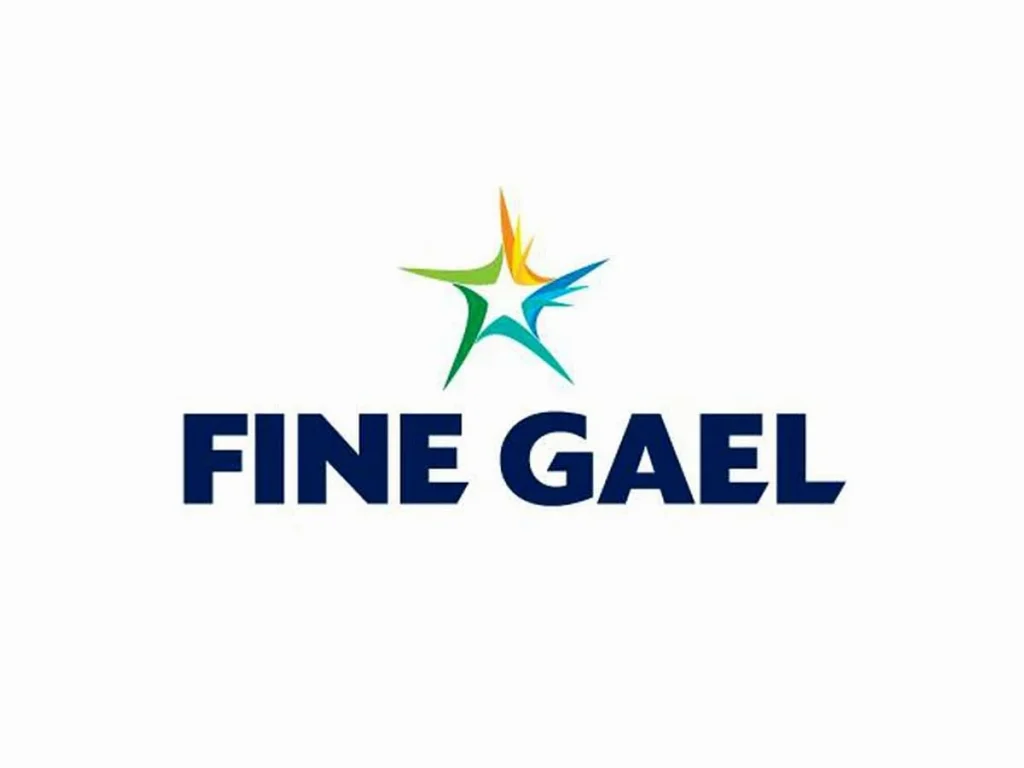
Fine Gael
Fine Gael is a centre-right party and an incumbent party within the Dáil, led by Taoiseach Simon Harris. Historically, they do maintain their conservative values, but were once viewed as the ‘Farmers Party’. However, they are now seen as Dublin/Pale area centric. They have been in power since 2011 and gained the third largest amount of seats in 2020.
Social Policies and stances:
- Support for LGBTQ+ rights
- Supports the Eighth Amendment
- Strongly against the decriminalisation of drugs.
Economic Policies:
- Promote tax reductions, especially for middle-income earners
- Aims “to put money back in people’s pockets”
- Sustain economic growth
Housing Policies:
- Increasing supply of both public and private housing
- Promoting home-ownership
- Reducing construction costs
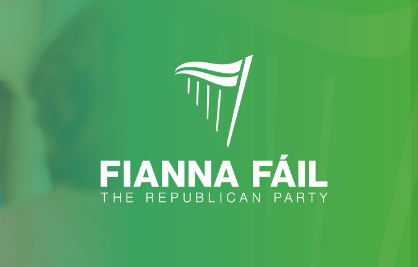
Fianna Fáil
The largest party as of the 2020 election, Fianna Fáil have been the dominant party in Ireland since the 1930’s. Tánaiste Micheál Martin is the current leader of the party. The party suffered a large defeat in 2011 as they were held accountable for their poor management of the economic crash.
Social Policies and Stances:
- Previously voted against repeal the eighth, and are less progressive on social issues and conservative
- Support rural communities and small farmers
- Promote the Irish language
Economic Policies:
- Increased subsidies for energy, childcare, etc
- Additional tax relief for middle- and low-income families
- Assistance for farmers to promote sustainable food production
Housing Policies:
- Increasing affordable homes and social housing
- Increasing tax credits for renters
- Expand the “Help to Buy” scheme
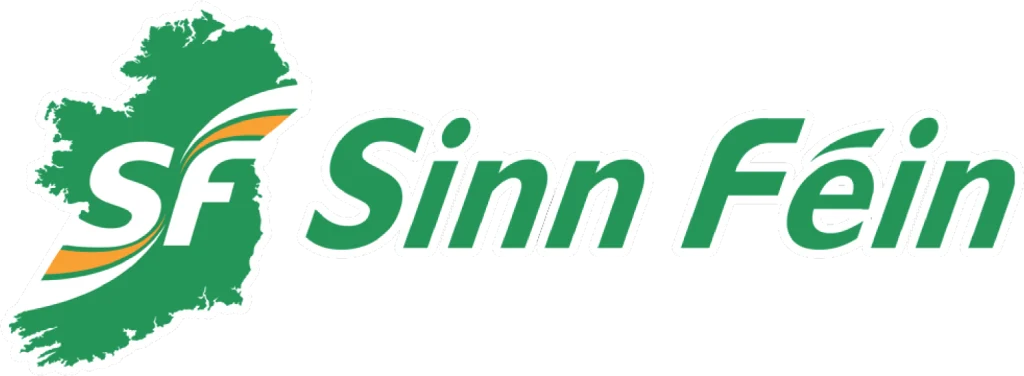
Sinn Féin
Traditionally Sinn Féin has appealed to republicans and the working-class. The party popularity rose massively in the last election, although many remain opposed to the party due to theirhistoric links to the IRA. The left-leaning party is led by Mary Lou McDonald.
Social Polices and Stances:
- Progressive social stance on women’s rights and healthcare, LGBTQ+, zero-tolerance against racism and sectarianism
- Supports Irish unity
- Reducing income inequality
Economic Policies:
- Proposes an all-Ireland healthcare system by investing in infrastructure and decreasing staff shortages
- Increased funding for social services, education and childcare
- A fair green economy that mitigates economic impacts on lower income households
Housing Policies:
- Public investment in affordable housing
- Constructing new social housing, regulating rent prices and ensuring tenants’ rights
- Support a publicly owned building contractor
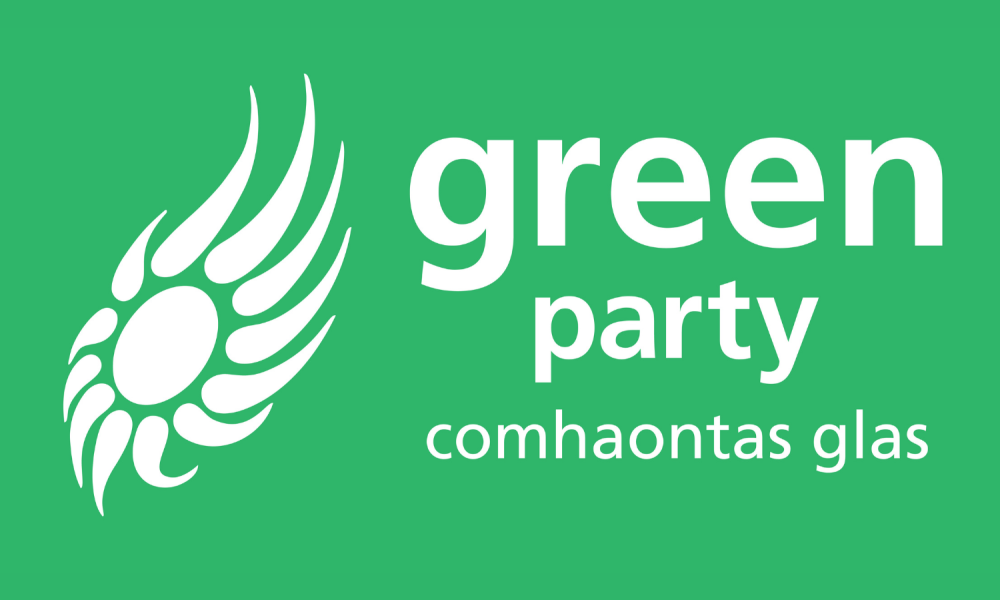
Green Party
Unsurprisingly, a large focus of the Green Party is the environment. They make up the third party in the current coalition government with Fine Gael and Fianna Fáil. The current leader is Roderic O’Gorman. All policies are made with the environment in mind, such as transport, housing, and reaching climate goals.
Social Policies and stances:
- Believe in the right for assisted dying
- Voting age should be lowered to 16
- Equal rights for migrants, reproductive rights and LGBTQ+ rights
- Believes in the decriminalisation of drugs use
Economic Policies:
- Establish a Universal Basic Income for all residents
- Believes in sustainable growth rather than traditional GDP measures
- Support progressive environmental taxes
Housing Policies:
- Calling for EU level action to address housing shortage
- Greener building standards and sustainable communities
- An increase in social housing

Labour Party
The Labour party is a centre-left party currently lead by Ivana Bacik. They were the fifth largest party as of the last election. Traditionally, they have been the worker’s party. They were last in power in 2016.
Social Policies and stances:
- In support of LGBTQ+ rights and the Eighth Amendment
- Initially had major Catholic influence, but has since moved away from the Church
- Support workers’ rights such as a living wage, flexible work, and job security
Economic Policies:
- Aims to implement a Cost-of-Living Plan such as indexing tax and social welfare in-line with inflation
- Supports a living wage compared to a minimum wage
- Lower electricity costs to be in line with European standards
Housing Policies:
- Plan to introduce a rent freeze and restrict evictions
- Set a minimum vacant home tax
- Build more home and reclaim vacant properties
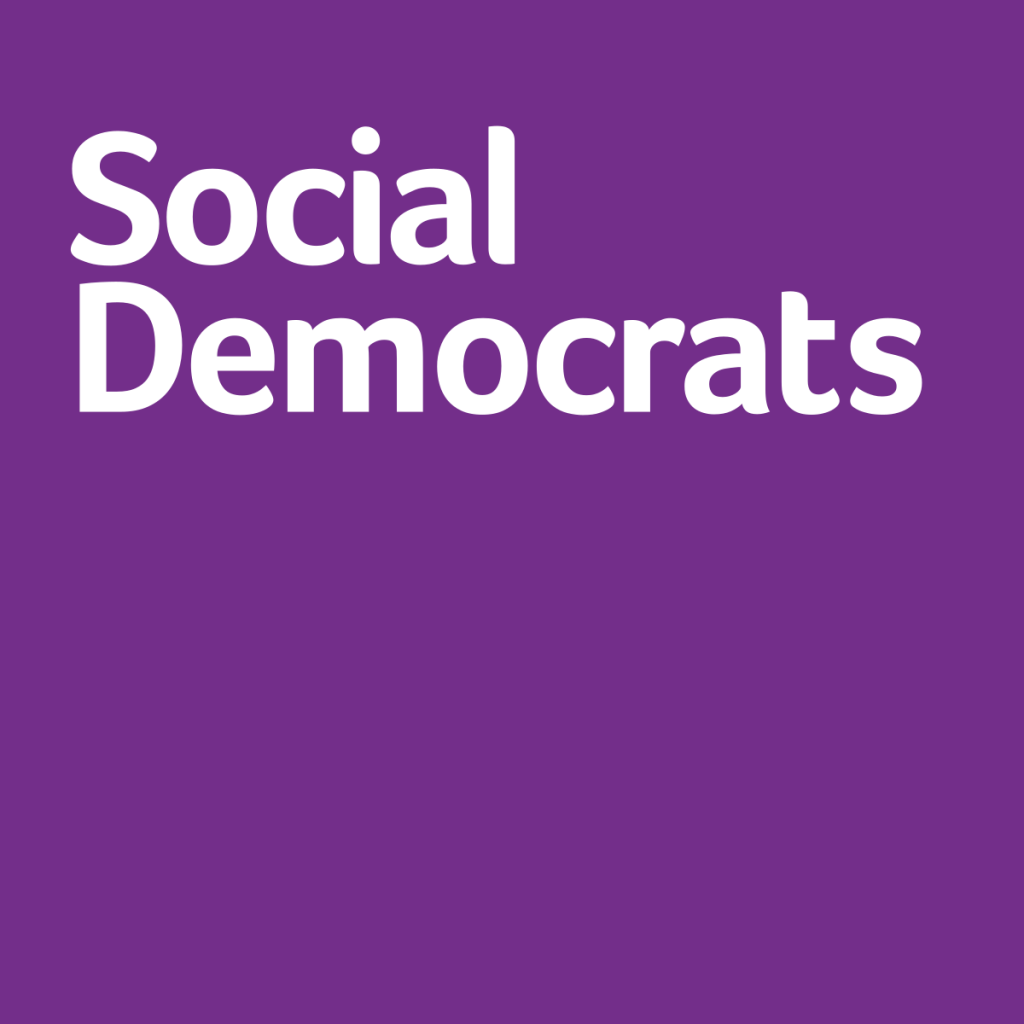
Social Democrats
Led by Holly Cairns, the Social Democrats is one of the newer parties to Irish politics, founded in 2015. They have never been in government. The Soc-Dems stand for progressive policies and are on the left hand-side of the political spectrum.
Social Policies and stances:
- Progressive views across social issues, including LGBTQ+, abortion and the decriminalisation of drugs
- Aim to improve transparency of government and public spending
- In favour of a Minister for Disabilities and advocating for universal healthcare
Economic Policies:
- Aim to improve social welfare payments
- Implement fairer taxation, especially for large corporations
- Improve public infrastructure and services
Housing Policies:
- Propose for houses to stay affordable through zoning regulations
- Set a cap on rental properties to €1,200 in Dublin and €1000 in other regions
- Aim to introduce more protections for renters
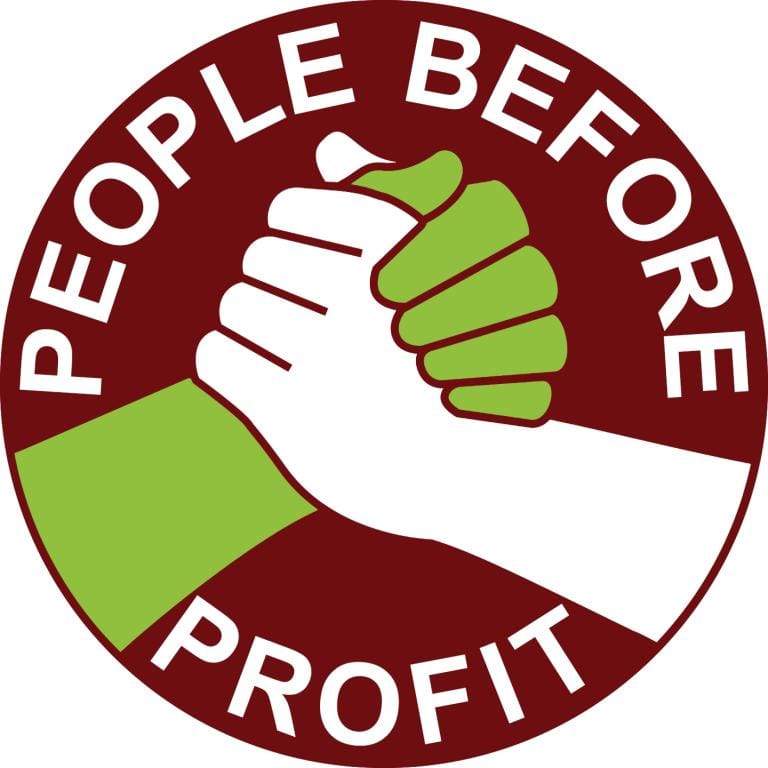
People Before Profit-Solidarity
The People Before Profit (PBP) and Solidarity party are a left-wing group focusing on wealth distribution and social justice. The leader is Richard Boyd Barrett and they have never been in government before.
Social Policies and stances:
- Very progressive, socialist stance on key social issues
- Support a united Ireland and Palestinian solidarity
- Granting asylum seekers the right to vote and free school meals for all students
Economic Policies:
- Rasing the minimum wage to €15 an hour and ban zero-hour contacts
- Increase funding for the healthcare system and public transport
- Increase taxes for those earning over €100,000 and abolish Universal Social Charge (USC)
Housing Policies:
- Aims to establish a National Construction Agency to tackle housing shortages
- Penalise landlords of substandard properties
- Cap rents and enact a ban on no-fault evictions
There are so many important issues in this election and this article is just a brief summary of some of the many parties and people in the Irish political system. Please take the time to research more on the political parties and candidates in your local constituency, as you may have independents and other parties running. Housing, immigration, the economy, healthcare and public spending are just some of the key issues that will be brought up so make sure you have a say. Use your opinion, use your voice, and use your vote



